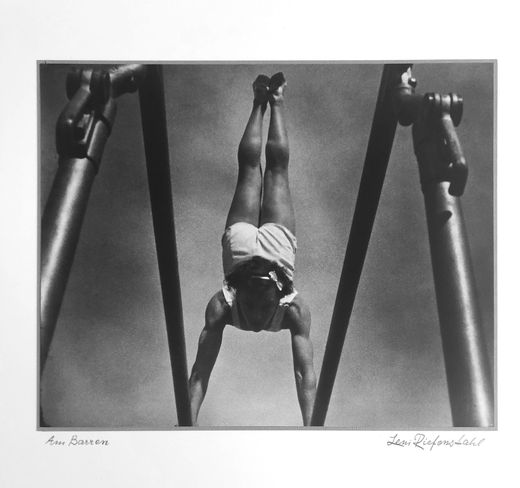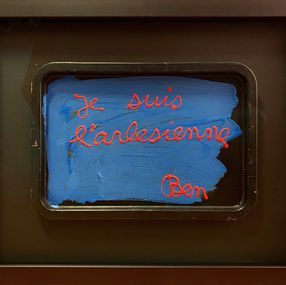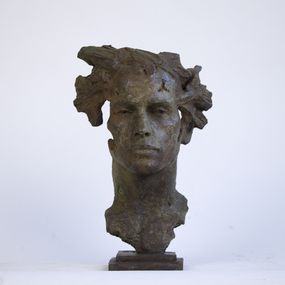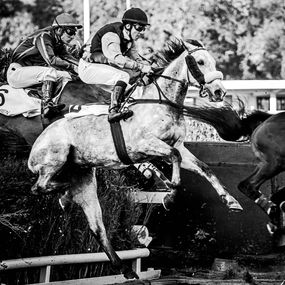

Biography
Leni Riefenstahl was a German actress and director known for her propaganda films Triumph of the Will (1935) and Olympia (1938). The controversial nature of her relationship with Adolf Hitler cast a long shadow over her career. Despite this, Riefenstahl's work remains an example of pioneering cinematic techniques, including tracking shots and slow motion.
"Where is my guilt? I can regret. I can regret making the party film, Triumph of the Will, in 1934. But I cannot regret living in those times," she once explained. "Not an anti-Semitic word ever passed my lips. I was never anti-Semitic. I did not join the party." Born Helene Bertha Amalie Riefenstahl on August 22, 1902, in Berlin, Germany, she took up dancing from childhood and, as a young woman, presented interpretive dance throughout Germany .
A foot injury forced Riefenstahl to end her dancing career, and she began acting in the mid-1920s. She rose to fame in G.W. Pabst's hit film, The White Hell of Piz Palü (1929). Transitioning from acting to directing, she was introduced to the Führer in the early 1930s. Hitler, attracted by the young filmmaker, offered her the rare opportunity to make films for the Nazi Party.
After World War II, Riefenstahl was subjected to four denazification proceedings, which concluded that she was an active Nazi sympathizer, although innocent of any war crimes. During the second half of her career, the artist spent much of her time in Africa, documenting the indigenous Nuba tribe in Sudan in a series of striking color photographs . She died at the age of 101 on September 8, 2002, in Pöckling, Germany.
Nationality
Artistic movements












